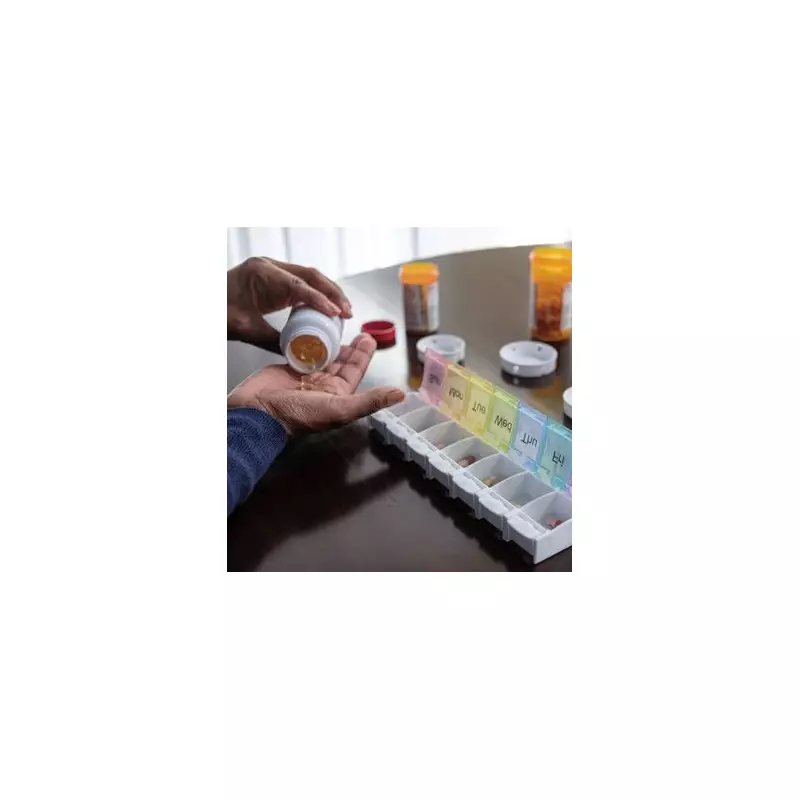
New scientific evidence has revealed a concerning connection between vitamin D deficiency and increased susceptibility to COVID-19 infection. The latest research suggests that maintaining adequate vitamin D levels could be a crucial factor in protecting yourself against the coronavirus.
The Vital Link Between Vitamin D and Immune Defence
A comprehensive study has demonstrated that individuals with insufficient vitamin D levels face a significantly higher risk of contracting COVID-19. This essential nutrient, often called the 'sunshine vitamin,' plays a critical role in supporting our immune system's ability to fight off infections.
What the Research Shows
Scientists found that people with vitamin D deficiency were more vulnerable to COVID-19 infection compared to those with optimal levels. The research highlights how this common deficiency could be putting millions at greater risk during the ongoing pandemic.
Why Vitamin D Matters for COVID Protection
Vitamin D acts as a powerful modulator of immune function, helping your body mount an effective defence against viral invaders. When levels are insufficient, this defence mechanism becomes compromised, potentially making you more susceptible to infection.
Who's Most at Risk?
Certain groups face higher chances of vitamin D deficiency, including:
- People with limited sun exposure
- Older adults
- Those with darker skin tones
- Individuals who are overweight or obese
- People with certain medical conditions affecting nutrient absorption
Expert Recommendations for Protection
Health experts are now emphasising the importance of maintaining adequate vitamin D levels, particularly during winter months when sunlight exposure decreases. The NHS recommends that adults and children over four should consider taking a daily supplement containing 10 micrograms of vitamin D, especially during autumn and winter.
Regular testing of vitamin D levels through your GP can help identify deficiencies early, allowing for appropriate supplementation to strengthen your immune defences against COVID-19 and other respiratory infections.





